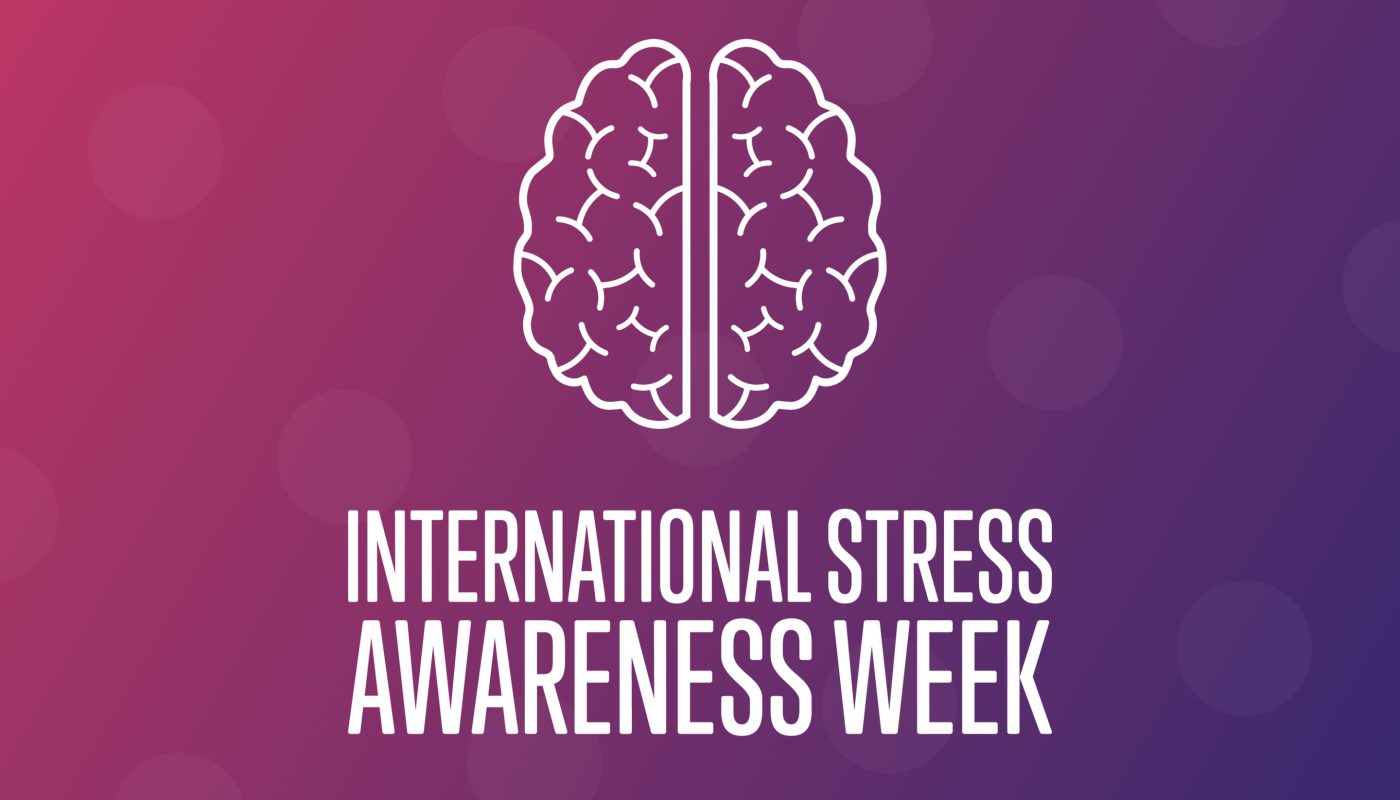International Stress Awareness Week
In a fast-paced world filled with demands from work, family, and personal life, stress has become an almost ubiquitous presence. It is a problem that touches people of all ages and socioeconomic groups, and the effects it has on both physical and mental health are well known. Every year, the first week of November is designated as International Stress Awareness Week, which offers a chance to shed light on this universal problem, increase awareness, and encourage practical stress reduction techniques.
Stress is the body’s natural response to perceived threats or challenges. Cortisol and adrenaline are released, causing a “fight or flight” reflex. While this reaction may be advantageous in urgent situations, ongoing stress can be harmful to one’s health.
Numerous health difficulties, such as heart disease, a weaker immune system, digestive problems, and mental health conditions including anxiety and depression have all been linked to chronic stress. Additionally, it can result in burnout, lower productivity, strained relationships, and a general decline in quality of life.
International Stress Awareness Week is essential in raising awareness of the importance of stress in our lives. In order to effectively manage stress, people and communities must first recognize it as a valid concern.
The first step in managing stress is recognizing its signs and symptoms. Physical symptoms like headaches or muscle tension may also be present, along with persistent weariness, irritability, difficulty concentrating, changes in appetite, and others. Self-awareness is essential for dealing with stress early on.
Stress Management Techniques:
People can examine numerous methods to properly manage stress throughout the year, including Stress Awareness Week:
Meditation and mindfulness: Mindfulness techniques assist people in remaining in the moment and lessen the ruminating that frequently follows stressful situations. The mind may be calmed and the body can be relaxed through deep breathing and meditation.
- Exercise regularly: Endorphins, which are naturally calming hormones, are released through physical activity. Exercise on a regular basis can enhance mood, sleep, and stress levels.
- Healthy Lifestyle: Stress levels can be greatly lowered by eating a balanced diet, getting enough sleep, and limiting alcohol and caffeine use.
- Time management: Setting priorities, making plans, and organizing tasks might help you feel less overburdened.
- Social Connections: Establishing and maintaining a network of friends and family to lean on when times go tough is crucial.
- Professional Assistance: Consulting a mental health expert is an essential first step for anyone dealing with persistent stress or mental health problems.
Organizations, schools, and communities can participate in events and discussions that advance understanding and stress management during Stress Awareness Week. This might involve educating people about the value of stress management through workshops, seminars, and educational campaigns.
The reminder that stress is a common sensation that is also controllable is provided by International Stress Awareness Week. Individuals and communities can lessen the harmful effects of stress and enhance general well-being by recognizing the signs, raising awareness, and putting effective stress management practices into practice. Although there is no one-size-fits-all approach to stress management, with the correct resources and assistance, it is possible to face the demands of daily life with resiliency and a healthy sense of balance.




